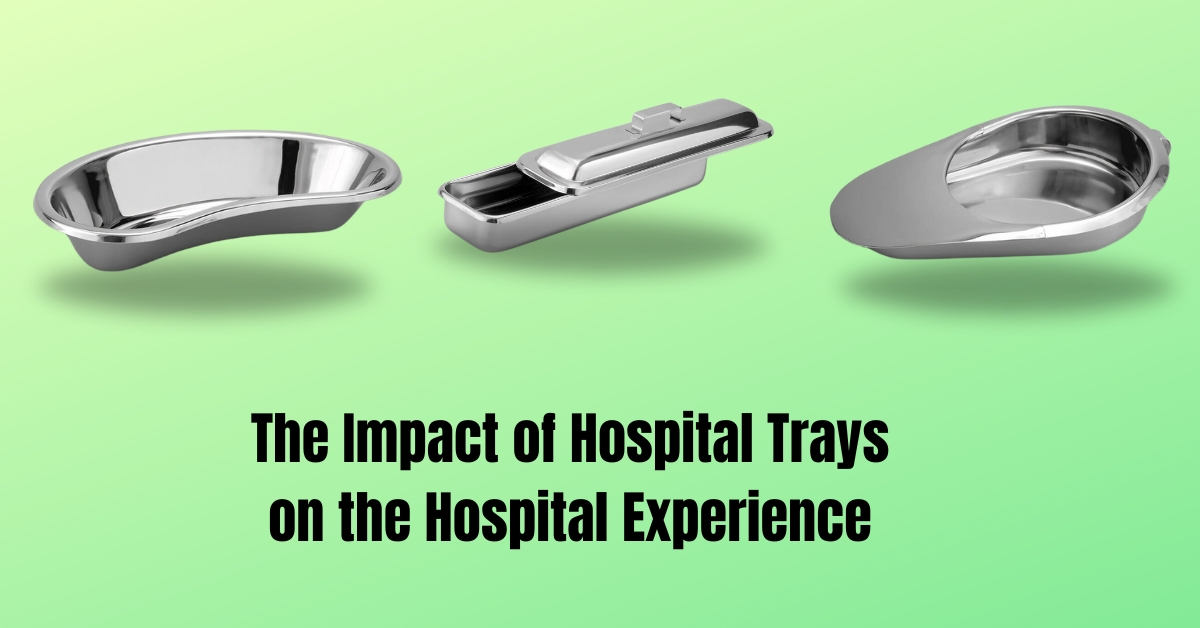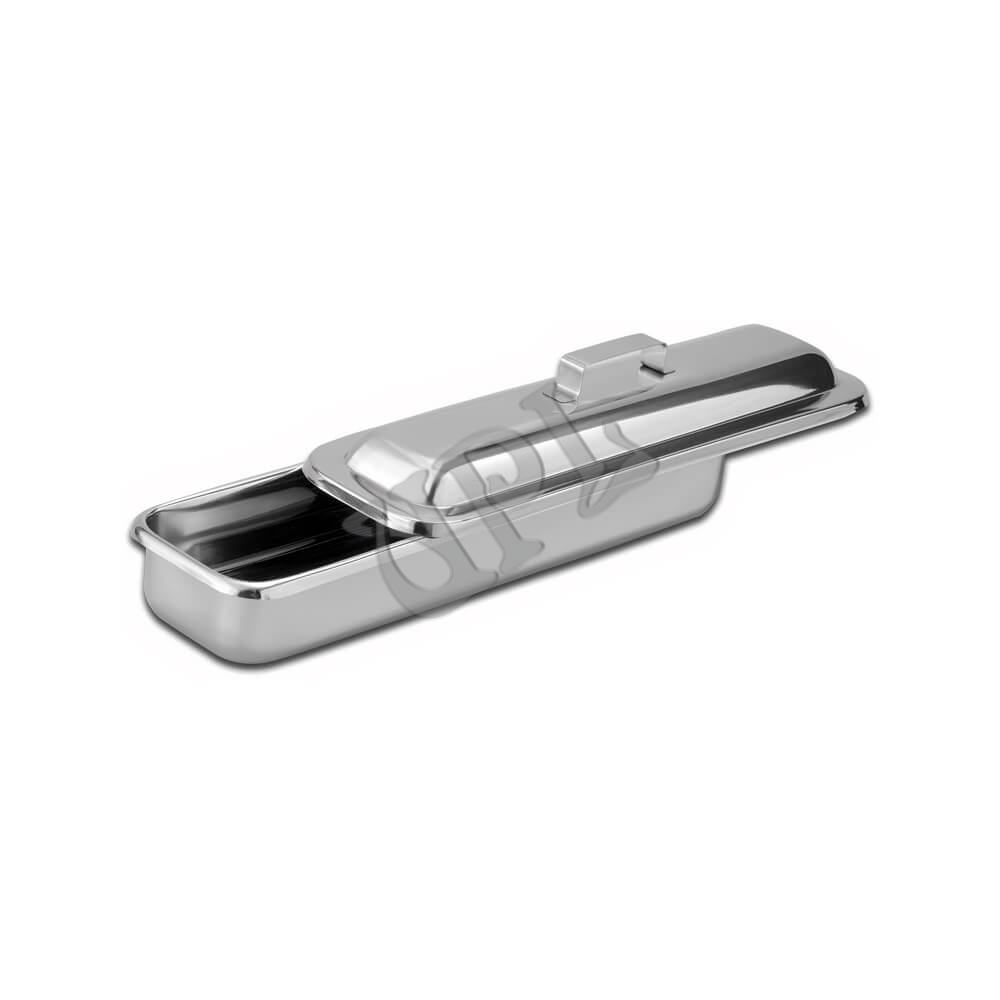Patient viewpoints are important when it comes to the healthcare experience. A patient’s happiness and well-being may be greatly impacted by every element of their stay, including seemingly insignificant ones like hospital trays. Hospital trays have both good and bad effects on patients’ hospital experiences. United Poly understands the value of patient-centric solutions, and in this blog, we’ll examine these effects and provide suggestions for improvement.
Positive Impacts of Hospital Trays:
- Improved Nutrition and Hydration:Hospital trays are essential for making sure patients get the food and fluids they require for a quick recovery. Properly constructed trays make it easier to offer meals that are well-balanced, meeting nutritional needs and encouraging optimum health.
- Enhanced Comfort and Engagement:Well-crafted hospital trays enhance the patient experience by making it more cosy and interesting. Patients can eat more comfortably and feel more in control of their eating experience when they use trays that are easy to use and include divisions for different food items.
- Reduced Stress and Anxiety:The correct hospital tray can help reduce some of the natural stress that comes with a hospital stay. Trays that are well arranged and visually appealing make eating areas more serene, which lowers anxiety and enhances the patient experience overall.
- Improved Communication and Collaboration:Effective communication is essential to the patient’s wellbeing in a medical setting. Healthcare workers’ feedback may be included into the design of trays to improve communication between the medical staff and patients, encouraging a team approach to treatment.
Negative Impacts of Hospital Trays:
- Poor Nutrition and Hydration:The distribution of appropriate nourishment and hydration may be hampered by subpar or poorly built hospital trays.This might negatively impact the patient’s recovery and overall health, potentially requiring prolonged hospital stays.
- Reduced Comfort and Engagement:Trays that are difficult to use or disorganised might make patients feel uncomfortable and less engaged during meals. Patients’ general happiness with their hospital stay may suffer if they have trouble getting to their meals or find the eating experience unpleasant.
- Increased Stress and Anxiety:Unattractive or unusable hospital trays might make patients feel more stressed and anxious. Any factor that exacerbates the already stressful atmosphere of the hospital might be harmful to the mental and emotional health of the patient.
- Communication Barriers:Healthcare practitioners and patients may encounter obstacles if trays fail to take into account the communication demands of their clients. This might make it more difficult to share crucial information about food choices, allergies, or other pertinent issues.
Recommendations for Improving Hospital Trays:
- Patient-Centered Approach:In order to make sure that hospital trays suit their requirements and preferences, involve patients in their design and choosing. This patient-focused methodology can result in trays that improve the patient experience in the hospital as a whole.
- Nutritional Balance and Variety:Give trays that support a diverse and well-balanced diet a priority. This is especially crucial for people who have special dietary needs or limitations. United Poly provides trays that are customisable and meet a range of dietary requirements
- Appetizing Presentation:A patient’s willingness to eat can be strongly impacted by the way food looks. Select trays that showcase food in a visually appealing and enticing way. The trays made by United Poly are aesthetically pleasing to improve the eating experience.
- Temperature Control: Make sure that the temperature of hot and cold products on hospital trays is effectively controlled. It is essential to keep food at the proper temperature for both safety and satisfaction, which enhances the eating experience in general.
- Dietary Accommodations:Hospital trays must to be adaptable enough to take into account different nutritional needs and preferences. This takes into account dietary restrictions imposed by religion or culture, allergies, and preferences for particular foods.
- Feedback Mechanisms:Provide patient feedback methods so that you may learn more about their eating experiences. Hospital tray design and selection may benefit greatly from this knowledge, which can be used to continuously enhance the process.







